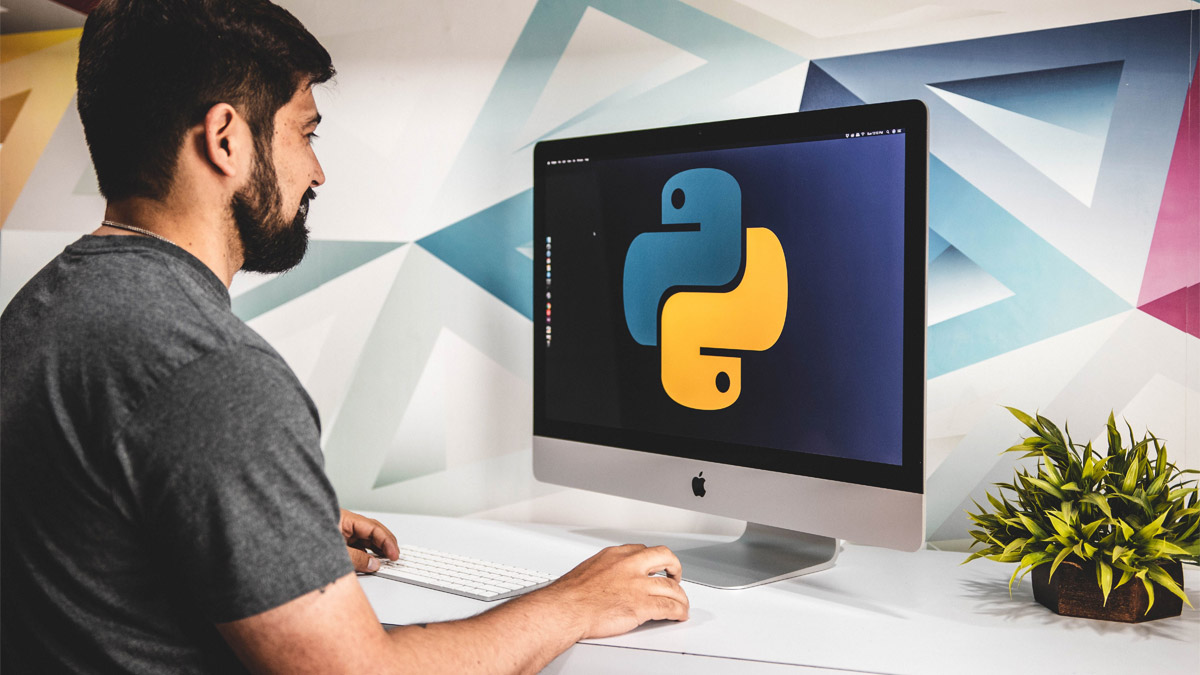Introduction
In today’s fast-paced world, caring for your health has never been more crucial. Personal well-being is essential for living a successful life, whether it’s dealing with stress, maintaining relationships, or simply remaining happy and healthy. But what constitutes personal well-being? How can you improve it? In this blog, we’ll discuss what personal well-being is, why it’s important, and how to improve it. By the conclusion, you’ll have actionable steps for living a more balanced, healthier, and happier life.
What is Personal Well-Being?
Personal well-being is defined as the whole state of a person’s mental, emotional, and physical health. It includes everything from your attitude towards your life to how you deal with stress and maintain relationships. Essentially, it is the sum of your mental, emotional, physical, and social well.
Key Dimensions of Personal Wellbeing:
- Physical well-being entails keeping a healthy body through exercise, proper nutrition, and appropriate sleep.
- Emotional Well-Being: Emphasises your ability to manage stress, be cheerful, and regulate your emotions.
- Mental well-being refers to cognitive health, which includes having a clear mind, continuous learning, and emotional resilience.
- Social well-being refers to your relationships, social connections, and sense of belonging in your community.
- Spiritual well-being includes a sense of purpose, values, and inner tranquillity.
These aspects work together to provide a comprehensive picture of personal well-being, reflecting your total quality of life. Improving personal well-being entails fostering each of these aspects to live a balanced, happy, and healthy life.
Why Is Personal Well-Being Important?
Personal well-being is the foundation of a fulfilling and prosperous life. It has an affect on everything from your job performance to your relationships with friends and family. Here are three main reasons why personal well-being is important:
- Improved Mental Health: A sense of personal well-being lowers anxiety, depression, and stress. When you’re mentally healthy, you’re better able to deal with life’s problems, maintain focus, and feel happier overall.
- Improved Physical Health: Personal well-being promotes superior physical health. According to studies, those with higher levels of well-being are less likely to develop heart disease, stroke, or chronic illnesses. Taking care of your mind and emotions has a direct impact on your physical health.
- Statistic: According to the CDC, those who rank their well-being higher likely to live longer and have fewer physical health difficulties.nhanced Productivity and Creativity*: When you prioritise your own well-being, you become more focused and productive. You’re not weighted down by tension or mental clutter, so you can think more clearly and work more effectively.
Fact: Gallup discovered that employees who express better well-being are 21% more productive.
Improving your personal well-being not only benefits your health, but also improves your ability to live a more purposeful, rewarding life.
Also Read – 15 Ways to Make Money with the Help of AI
How to Improve Personal Well-Being: 7 Practical Tips
Now that we’ve established why personal well-being is vital, let us look at some practical approaches to improve it. Whether you want to reduce stress, strengthen relationships, or simply feel better in general, the following suggestions will help you make significant improvements.
1. Prioritise Physical Health
Your physical health is intricately tied to your total well-being. Regular exercise, a balanced diet, and adequate sleep are essential. Physical activity, according to Harvard Health, lowers stress, improves mood, and increases vitality. Walking, yoga, or weight training for 30 minutes every day can dramatically enhance your overall health.
Pro Tip: Begin small. If you’re new to exercise, start with 10 minutes per day and progressively increase it over time.
Whether you’re a novice who needs help grasping the fundamentals or an intermediate learner wishing to delve deeper into data science or machine learning, our Python experts are here to help you every step of the way. Our structured courses, approved by NOCN, ensure high-quality training while working on real-world projects.
2. Practice Mindfulness and Meditation
Mindfulness is the discipline of being completely present in the moment, which helps to alleviate stress and anxiety. Meditation can also help you regulate your emotions and think more clearly. According to a study published in the journal Psychiatry Research, mindfulness practices can reduce the brain’s stress-producing areas.
Actionable Step: Start with 5-10 minutes of daily meditation. Apps like Calm and Headspace can assist you with this exercise.
3. Nurture Your Relationships
Human ties are essential to social well-being. Maintaining good, supportive relationships with friends, family, and colleagues increases happiness while decreasing feelings of loneliness. Make time for the individuals who are important to you, whether through frequent check-ins or group activities.
A study published in the American Journal of Public Health found that strong social relationships can extend life expectancy by 50%.
Pro Tip: Schedule a weekly catch-up with a close friend or family member to strengthen relationships.
Actionable Step: Start with 5-10 minutes of daily meditation. Apps like Calm and Headspace can assist you with this exercise.
4. Set Boundaries and Manage Stress
Learning to say “no” and establish appropriate boundaries is critical for emotional wellness. Overcommitting can cause burnout and discontent. It’s critical to understand your limitations and prioritise self-care.
Action Step: Each week, take a minute to assess your commitments and eliminate activities that do not line with your personal goals or well-being.
5. Pursue Meaning and Purpose
Finding a purpose in life significantly improves personal well-being. This could include jobs, hobbies, or volunteer activities. A sense of purpose fuels motivation, optimism, and happiness.
According to the Journal of Positive Psychology, people who have a feeling of purpose are more likely to be happy with their lives.
Pro Tip: Consider your passions and interests. What activities help you feel fulfilled? Allow more time for those.
6. Focus on Positive Thinking
Your thinking might have an impact on your overall well-being. Shifting to a positive, growth-oriented mindset allows you to deal with obstacles more effectively. Practices like gratitude journaling can help you maintain a happy attitude in life.
Actionable Step: Every day, write down three things for which you are grateful. According to research, keeping a gratitude notebook might boost optimism by 15%.
7. Engage in continuous learning
Personal development is an essential component of well-being. Continuous learning, whether it’s acquiring a new skill, pursuing a hobby, or reading literature, improves cognitive function and self-confidence.
Pro Tip: Set aside 15 minutes per day to learn something new, whether through online classes, reading, or practising a new skill.
Also, Read – 5 Tips to Get a Job as a Python Fresher
Conclusion
Personal well-being is more than simply physical health; it is a comprehensive strategy that considers your emotional, mental, and social well-being. Understanding personal well-being and why it is essential can help you make practical efforts to improve your quality of life. You may significantly improve your overall well-being by making tiny, persistent adjustments such as prioritising health, practising mindfulness, cultivating relationships, and finding purpose.
Remember that enhancing your well-being is a lifetime process. Start small, stay dedicated, and watch how your life changes.
FAQs
Personal well-being encompasses mental health, but it is a broader notion. Well-being covers emotional, social, and physical health, resulting in a comprehensive picture of a person’s quality of life.
Employees who prioritise their well-being are more productive, creative, and resilient. It also leads to decreased absenteeism and increased job satisfaction.
Prioritising self-care is especially important during stressful moments. To protect your mental and emotional health, practise mindfulness, get regular exercise, stay in touch with loved ones, and set limits.
Physical, mental, emotional, and even social facets of our lives are all included in the broad concept of personal well-being.
- Physical health: This includes eating a balanced diet, exercising, and getting enough sleep, are a few examples.
- Mental wellness: It includes lowering stress, practising mindfulness, and taking part in mentally stimulating hobbies or activities.
- Emotional wellness: Being able to control emotions, develop resilience, and keep a positive attitude are all components of emotional wellness.
- Social well-being: Having a solid support system, preserving wholesome relationships, and taking pleasure in deep connections with people are all components of social well-being.
- Work-life balance: Establishing limits, taking breaks, and making sure that work obligations don’t take precedence over personal fulfilment are all parts of work-life balance.
These illustrations demonstrate that a balanced and satisfying existence is the result of a variety of habits and lifestyle decisions rather than a single element.
Our own well-being greatly influences our everyday functioning. We are better able to manage difficulties, remain focused, and be productive when we are in good bodily and mental health. Relationships, decision-making, and emotional resilience are all enhanced by a sound feeling of well-being.
However, disregarding one’s health can result in stress, exhaustion, and subpar performance in both personal and professional spheres. People who put their well-being first report feeling more energised, more satisfied, and healthier overall. It enables people to lead better, more fulfilling lives in addition to longer lifespans.
Learning, creativity, and problem-solving are all strongly impacted by well-being for both professionals and students. It is the cornerstone that underpins achievement in all facets of life.
The general state of being healthy, content, and happy in life is known as personal well-being. It emphasises a positive sense of balance across physical, mental, emotional, and social health rather than just the absence of disease.
Simply put, personal well-being refers to your sense of self-worth, level of life satisfaction, and ability to handle daily responsibilities. In addition to circumstances, personal values, and lifestyle choices, it is also influenced by how people handle stress, relationships, and personal objectives.
In the end, personal well-being is something that can be fostered and improved via regular self-care, introspection, and constructive behaviours; it is not a static state.







